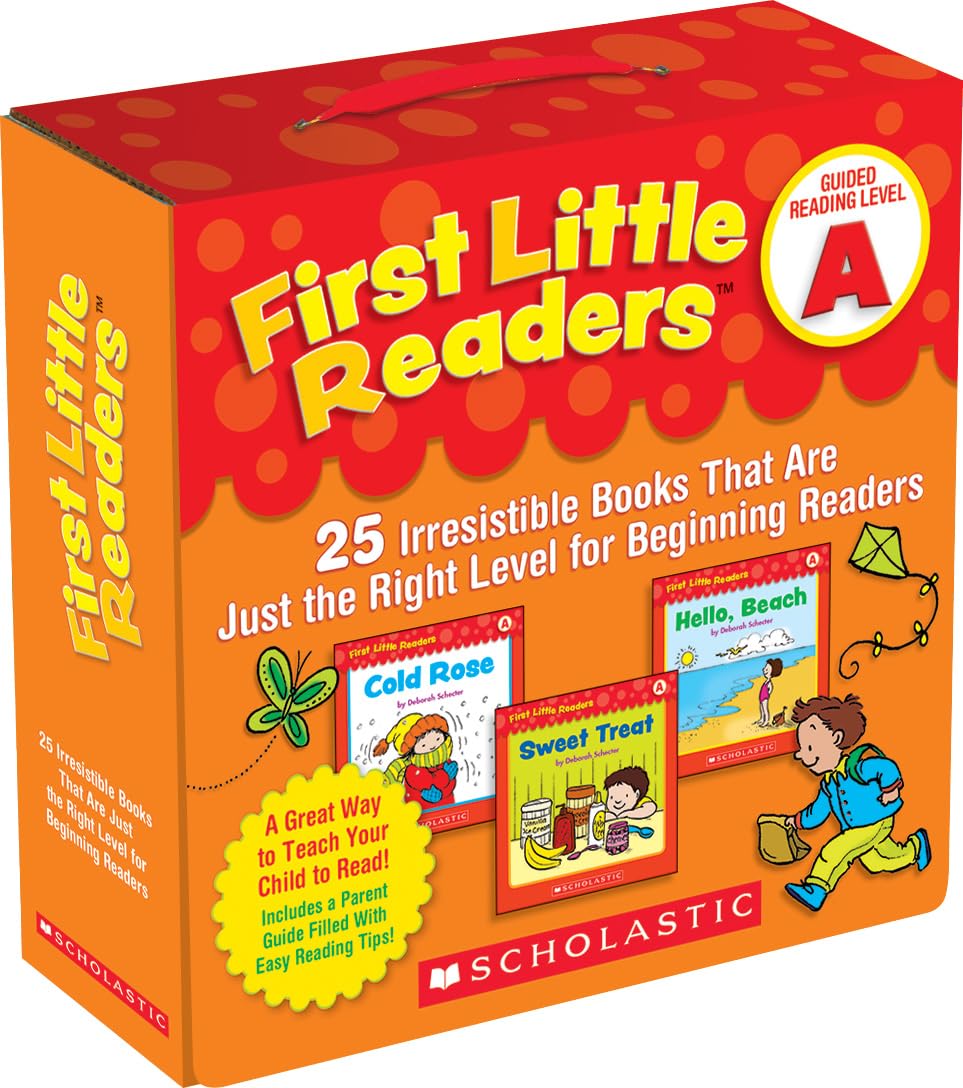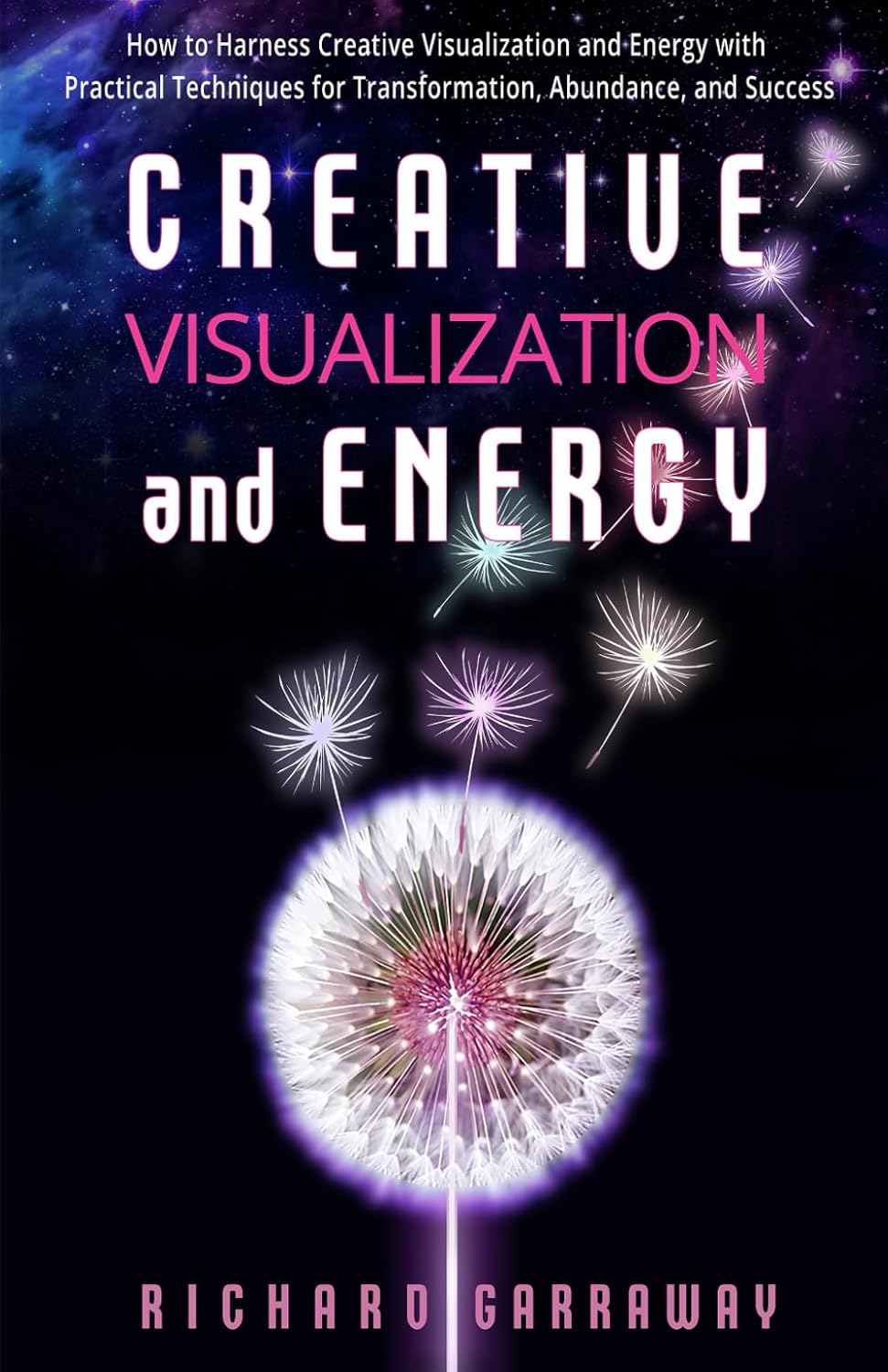In today’s digital age, where e-books and audiobooks are becoming increasingly popular, it may seem like the humble paperback book is a dying breed. However, despite the convenience and portability of electronic reading devices, there is still a significant and enduring appeal to traditional paperback books that cannot be replicated.
One of the main reasons why paperback books still matter is the tactile experience they provide. There is something special about holding a physical book in your hands, feeling the weight of the pages, and turning them one by one. The act of physically flipping through the pages and seeing your progress as you read can be a deeply satisfying and immersive experience that simply cannot be replicated with a screen. In a world where so much of our lives are spent staring at screens, the tangible nature of a paperback book offers a refreshing break from the digital world.
Another reason why paperback books still hold relevance is the sense of nostalgia and tradition they evoke. Many people have fond memories of browsing bookstores, picking out a new paperback to read, and savoring the smell of ink and paper as they immerse themselves in a story. Paperback books are a physical representation of literary history and culture, and for many readers, they hold a sentimental value that cannot be replaced by digital copies.
Additionally, paperback books offer a sense of permanence and durability that electronic devices cannot match. E-books can be easily deleted or lost if a device malfunctions, whereas a paperback book will always be there on your bookshelf, ready to be picked up and read at any time. Paperback books can also be passed down through generations, creating a sense of continuity and connection between readers both past and present.
Furthermore, paperback books are often more affordable and accessible than their digital counterparts. While e-books may be convenient for instant downloads, they can also be expensive and require a compatible device to read them on. Paperback books, on the other hand, are widely available at bookstores, libraries, and online retailers, making them an affordable and versatile option for readers of all ages.
In conclusion, the enduring appeal of paperback books lies in their tangible nature, nostalgic charm, durability, and affordability. While e-books and audiobooks may offer convenience and portability, they cannot replicate the unique experience of holding a physical book in your hands and immersing yourself in its pages. Paperback books continue to hold a special place in the hearts of readers around the world, and their significance in our literary culture is unlikely to fade anytime soon.


























